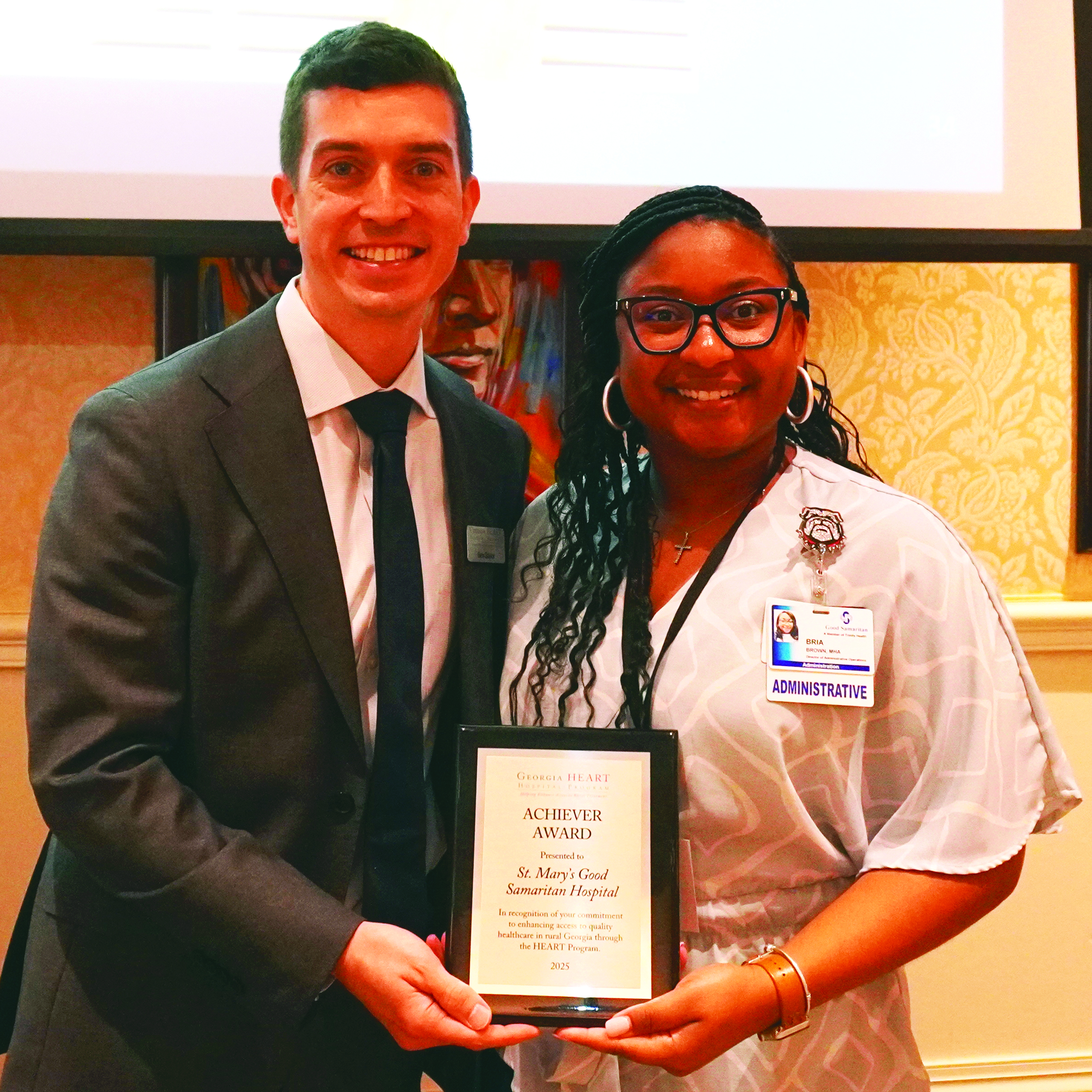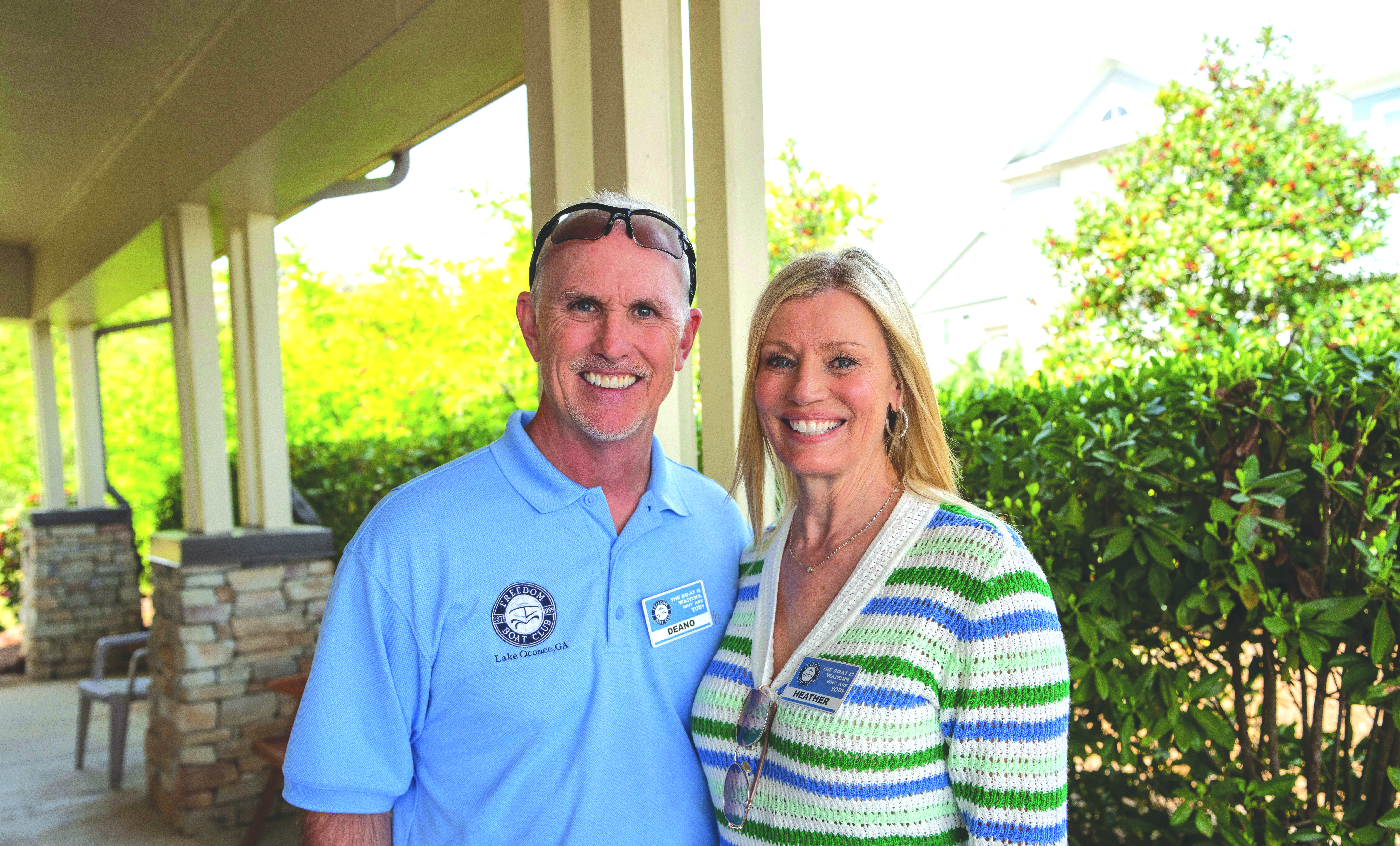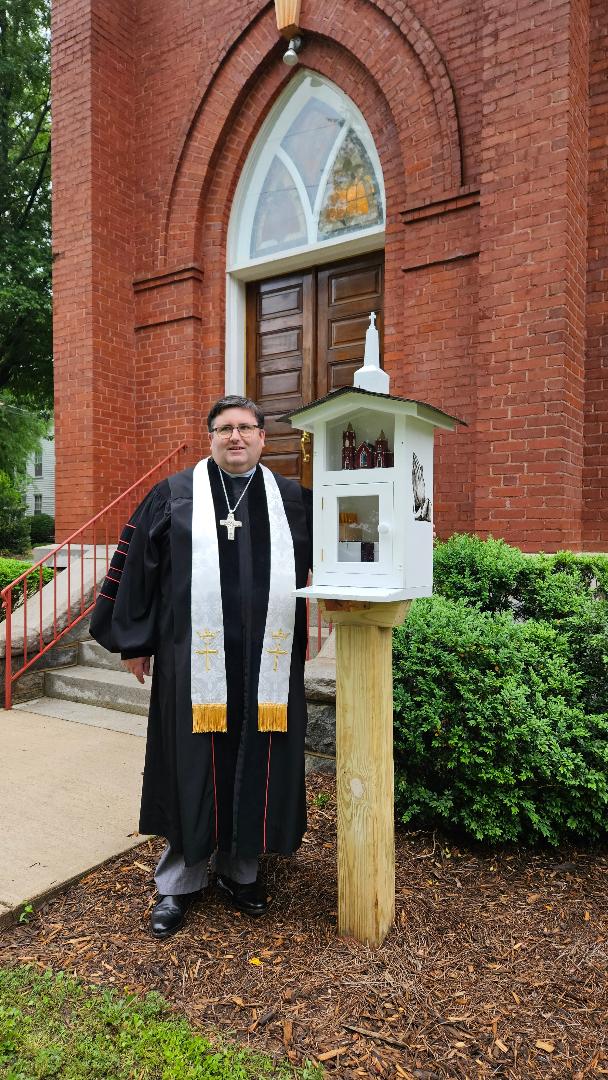Report: Mass. group home allegedly neglected man who nearly died after inhaling cake
Published 12:33 pm Wednesday, October 25, 2017

- A group home in Peabody, Mass., which is owned by Bass River, a Beverly-based company.
PEABODY, Mass. — A state investigation found that staff and administrators at a group home in Massachusetts for developmentally disabled adults failed to provide proper supervision and care to a 29-year-old man, who nearly died as a result.
A 30-page report completed by the Department of Developmental Services and the Disabled Persons Protection Commission faulted Bass River Inc., a private vendor operating the group home in Peabody, and seven employees, for abuse and mistreatment of the man, who has Down Syndrome.
The investigation also found that an administrator removed records from the home, including medication sheets and staffing reports, and instructed staff not to cooperate with the investigation.
And while the report stopped short of recommending a criminal investigation, it did urge re-evaluation of the facility’s license.
The mother of the young man, Ioannis “Yianni” Baglaneas, said she believes there should be a criminal investigation into the incident, which occurred last April.
Anna Eves said in a statement that she believes criminal charges should be filed in the case in light of the DDS report.
“It’s easy for them to abuse and neglect people in the shadows, and this needs to be brought out into the light of day,” she said in an emailed statement. “I have felt physically ill since reading this report and reading the absolute disregard for my son’s well being. I cannot believe I ever trusted them at all.”
Eves requested the report under the state’s public records law, and shared it with the Massachusetts Coalition of Families and Advocates (COFAR), which has been campaigning for greater oversight and investigation of privately-operated group homes.
Baglaneas was 28 when he moved to the group home in June 2016.
According to the report, Baglaneas suffered from sleep apnea, a condition that causes airway restriction during sleep. A doctor advised the young man to use a CPAP (continuous positive airway pressure) machine while sleeping at night.
The device used by Baglaneas contained a chip that recorded each use, which his mother was able to access remotely, according to the report. She discovered her son seldom wore the device, however, and sent an email to the administrator asking that staff check to make sure he was using it every night, according to the report.
But that did not happen.
Baglaneas turned 29 on April 8. To celebrate, his roommate made him a cake.
The following day, he participated in a Special Olympics bowling tournament in Peabody. At the tournament, he posed for a photo with a group of Peabody police officers and Chief Thomas Griffin.
Hours later, Baglaneas woke up. One of his habits was to wander to the kitchen late at night to eat.
According to the report, he ate the cake his roommate had made for him. None of the staff on-site at the time woke up or tried to stop him. Nor did they appear to notice the entire cake had been eaten overnight.
Doctors later concluded that after he returned to bed, Baglaneas, who was not wearing the CPAP machine, aspirated some of the cake into one of his lungs.
Had he been using the machine — and had the overnight staff checked to make sure he was — doctors believe he would not have inhaled the cake, according to the report.
Over the next couple of days, Baglaneas coughed continuously.
On April 12, Baglaneas was coughing so much that a nurse at the day program he attended sat with him while he ate because she feared he could choke, his mother was initially told, according to COFAR. The nurse recommended he be taken to a doctor.
The following day, a staff member took Baglaneas to a nurse practitioner at his doctor’s office, who diagnosed him with bronchitis and an upper respiratory infection, gave him a nebulizer treatment and gave him a prescription for Mucinex and Robitussin, along with a schedule.
Investigators learned he did not receive all of his doses of Mucinex and found no records concerning the Robitussin, although they concluded that those lapses did not contribute to his illness.
His mother was told by the house director that her son was suffering from allergies — something the house director later told investigators was a mistake.
Baglaneas was so sick that he was not taken to his wrestling and swim classes, the report said.
But on Saturday, a staff member brought him to a Special Olympics practice in Gloucester. He was to be picked up there by his parents to spend the Easter holiday weekend with them in Rockport.
Investigators later learned the group home was shutting down for the weekend.
The staff member did not bring the CPAP machine or the Robitussin her son was supposed to be taking. During the practice, he had become so short of breath his coach had him sit out the rest of the session.
His mother took him to Addison Gilbert Hospital that afternoon, where his blood oxygen level was discovered to be just 53 percent. He wound up in intensive care, in critical condition, suffering from pneumonia.
Eight days later, he was transferred to Massachusetts General Hospital with respiratory failure. He spent nearly two weeks there and then nearly three weeks at Spaulding Rehabilitation Hospital.
Baglaneas now lives at home, and is still recovering from the effects of his illness, according to COFAR.
“DDS considers the health, safety and quality of life of all the individuals DDS serves paramount,” said Victor Hernandez, a deputy assistant commissioner for DDS. “We have a zero tolerance policy with respect to preventing and addressing abuse and neglect by caregivers.”
In response to an email from the Salem, Massachusetts News asking Bass River Executive Director Larry Lusignan for a response to the report’s conclusions and for specific measures Bass River may be taking to ensure a similar situation doesn’t occur in the future, a public relations firm sent a prepared statement.
“Bass River is committed to preserving the confidentiality of health information for individuals in our care, and, accordingly, cannot comment on nor reveal the identity of any individuals,” said Nicole Lasorda of Buchanan Public Relations. “We can, however, emphatically state that the health and welfare of all the people in our services is our top priority.”
Manganis writes for the Salem, Massachusetts News.





